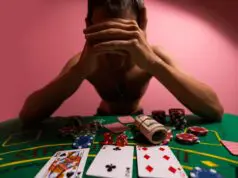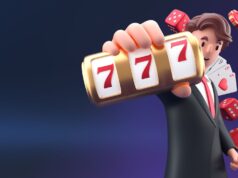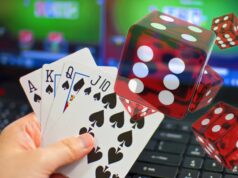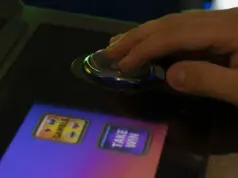
A poker game isn’t something you can just jump into and expect to be a master at. Becoming a great poker player takes practice, dedication, and skill. But you can only become a good player if you have those qualities! Here are some tips on how to play poker and become a better player.
Reasons Why You Should Play Poker
There are a couple of reasons why people play poker, and you should consider playing too.
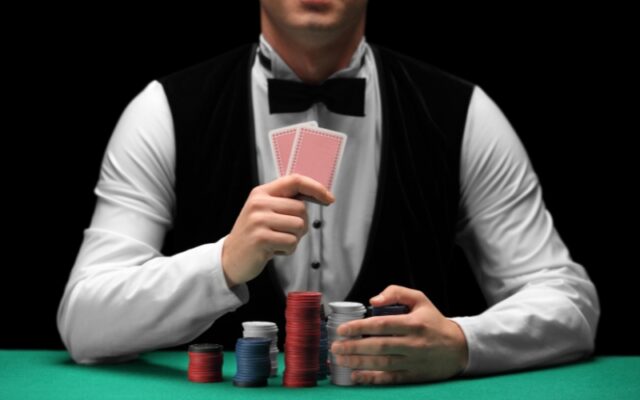
It’s Fun
Poker is an excellent way to have fun with friends, colleagues, and family or meet new people. Playing in a casino, online, or even at the kitchen table, poker can be enjoyable. It’s also a great way to sharpen your skills and become a better player. Playing poker can also help you to improve your social skills. Sitting at a table with other people and having conversations about the game allows you to practice your conversational and interpersonal skills in a safe environment. Additionally, what’s more fun than earning real money? You can make money from it if you become good enough at poker. Of course, this requires a lot of practice and dedication, but the potential for a financial reward makes playing poker an attractive prospect for many.
It Will Improve Your Life Skills
Poker is a great way to improve your skills at reading people and assessing situations quickly. As you become more experienced with poker, you’ll be able to make decisions and take risks with greater confidence. Additionally, playing poker can help you develop a strong strategy for success. As you play more games, you’ll learn how to create certain hands and how to play them best. You’ll also learn about betting patterns, which will help you understand when to fold or raise the stakes.
Tips for Becoming a Better Poker Player
If you’re looking to become a better poker player, you should follow some simple tips.
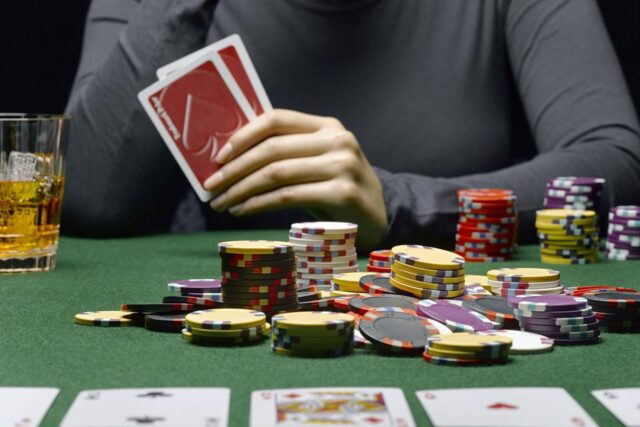
Learn the Rules.
Knowing the rules of poker is essential for becoming a better player. Take time to learn about the poker variants, such as Texas Holdem, Omaha, and Seven-Card Stud. You should also familiarize yourself with the hand rankings and betting structure to make informed decisions during the game. Also, setting goals to become a better poker player is essential (in both poker online and in person). Set realistic goals, such as winning several hands or learning specific strategies, and work towards achieving them. It will help you stay motivated and more focused on improving your game.
Study the Players.
One of the most effective ways to become a better poker player is to study your opponents. Before each hand, take some time to observe the other players. Look for tells or patterns in their behavior, and use them to your advantage. Try to identify what type of player they are and decide whether they are likely to be bluffing or playing it straight. Bluffing is a crucial part of poker and can be a great way to win the pot. However, it is crucial to know when you should bluff and when it’s better to fold. Feel free to try out different strategies to get the best results. The best way to become a great poker player is to practice, so find ways to play as often as possible. Online poker sites are a great place to start, and plenty of free apps are available where you can play against computer opponents or other people online.
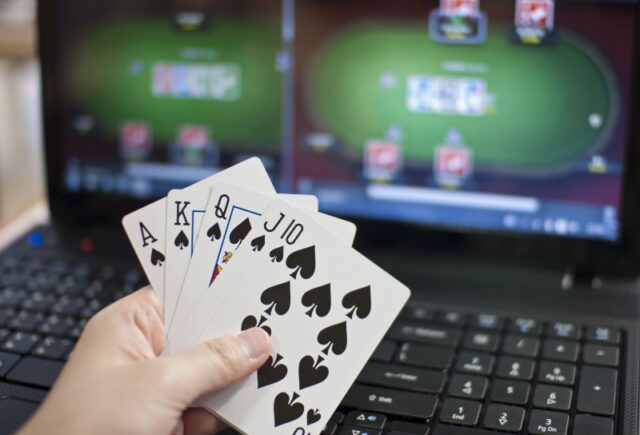
Don’t Play Too Many Hands.
Remember that the poker game is about probability, and the odds often favor those who don’t play too many hands. It’s usually better to fold when you have weak cards than to bluff your way through the hand with little chance of success. Additional information, When it comes to poker, bankroll management is key. Track your winnings and losses, set limits on how much you’re willing to bet in each hand, and don’t chase losses. It will ensure that you stay within your budget and don’t risk more money than you can afford. Stick to your limits by limiting your poker chips.
Don’t Bring Your Emotions.
Emotions can cloud your judgment and cause you to make bad decisions. Remember, poker is a game of strategy, not luck. Stick to your plan, and don’t let emotions get in the way of making logical decisions. Above all else, poker should be enjoyable. Don’t play too seriously or take it too personally if you lose. Remember that luck plays a role in the game, so don’t get discouraged when bad hands come your way.
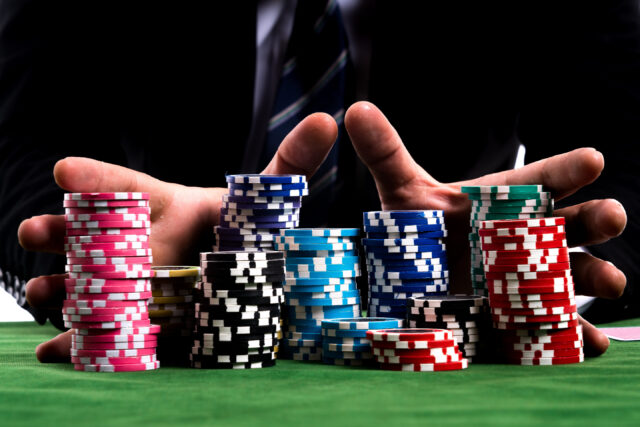
Learn How to Bluff Effectively and Use Tells to Your Advantage
Bluffing is an essential part of playing poker. It is a strategy used to deceive opponents and make them think you have a stronger hand than you actually do. Bluffing takes practice and finesse, as it requires the ability to read other players’ tells and act accordingly. There are several ways to bluff effectively in poker:
- Make use of your position on the table. If you are near a folding position, try bluffing when there is still some money left in the pot; this will encourage other players to fold when they know they have weak hands.
- Bet more aggressively on bluffs than you would with real hands. This allows other players to think that you have a strong hand and may force them to fold out of fear.
- Use “false tells” – intentional reactions meant to mislead your opponents into believing something that isn’t true. This can be done through body language or verbal cues such as pretending to be exhausted or frustrated with the game.
- Observe how opponents react when they have strong hands versus when they are bluffing; this should help you identify their tells so that you can pick up on them and adjust your own play accordingly.
With these tips in mind, you should be on your way to greatness and becoming a better poker player. With practice and dedication, you’ll be able to sharpen your skills and become an expert at the game. If you want to start playing, check out GG Poker. They offer a wide selection of poker games and tournaments, plus a range of bonuses and promotions to get you started. Best of luck!

